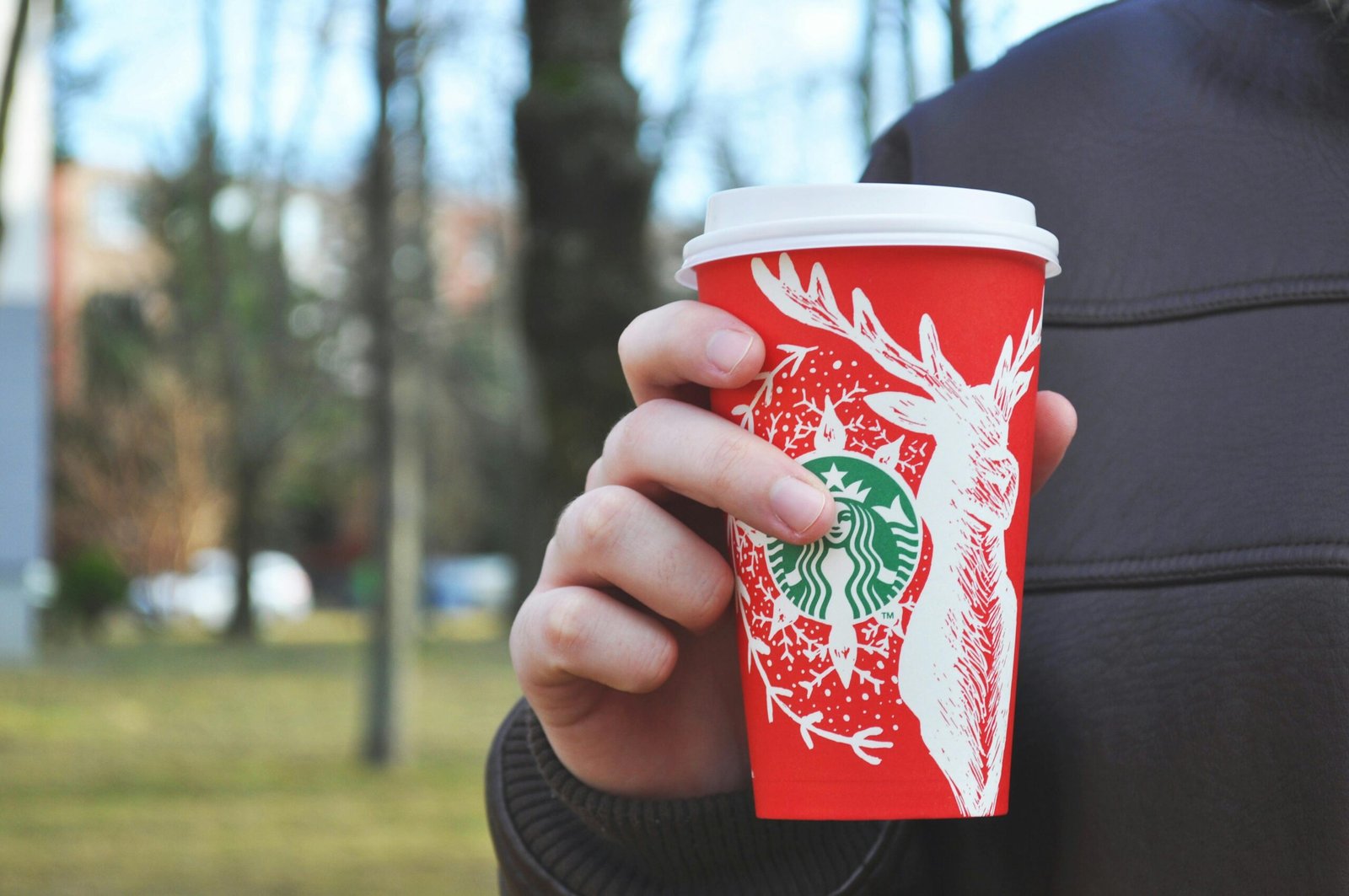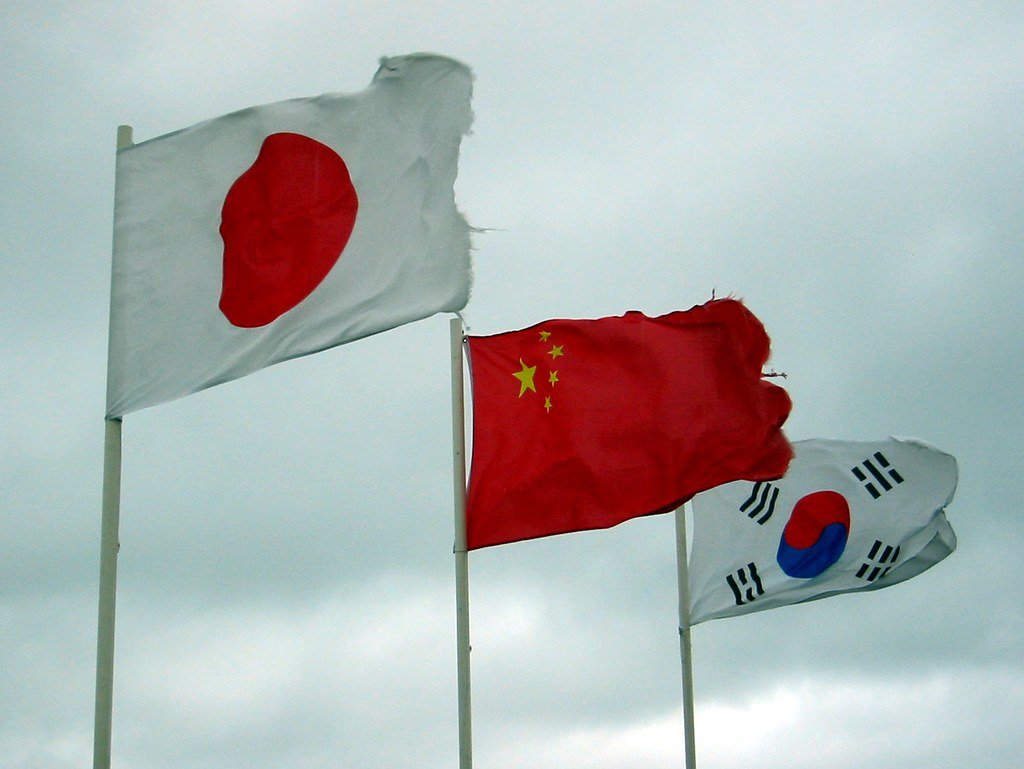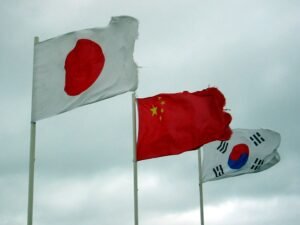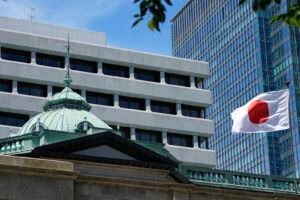Starbucks Japan’s Green Move: Biomass Over Paper Straws
- Starbucks Japan is replacing paper straws with plant-based biomass plastic straws due to customer dissatisfaction.
- The new straws, made from Osaka-based Kaneka Corporation’s Green Planet-branded bioplastic material, are more environmentally friendly than traditional plastic.
- The change will first be implemented in Okinawa Prefecture, then across all Starbucks Japan locations.
- This move is part of a broader trend of businesses seeking to reduce their environmental impact.
In a significant move towards environmental sustainability, Starbucks Japan is set to replace its paper straws with plant-based biomass plastic straws. This decision comes after five years of using paper straws, a switch that was initially made to reduce the company’s environmental footprint. However, the paper straws have not been well-received by customers, who have consistently complained about their flimsiness and unpleasant taste.
The taste issue, in particular, has been a sticking point, with the flavor of the paper straws becoming more pronounced as they dissolve and deteriorate. This has been a significant concern for Japanese consumers, who have high standards for the taste and appearance of their food and beverages. The paper straws, which can seem messy or dirty as they break down, have not been popular.
In response to these complaints, Starbucks Japan is now ready to phase out paper straws. However, the company is not reverting to petroleum-based plastic straws. Instead, they will be using plant-based biomass plastic straws, specifically made from Osaka-based Kaneka Corporation’s Green Planet-branded bioplastic material.
A Win-Win for Starbucks and its Customers
This move aims to address customer dissatisfaction with paper straws while still using a more environmentally responsible material than traditional plastic. The choice of straw material is particularly important for Starbucks branches in Japan, where the chain is as much an emporium for slushy dessert drinks as it is a coffeehouse. Frappuccinos, which are consumed with a straw, are arguably Starbucks Japan’s most popular product. Therefore, any improvement in the straw experience is a win-win for both the company and its customers.
The new biomass plastic straws are set to be introduced first at Starbucks Japan branches in Okinawa Prefecture next month. The rollout will then expand to all of the approximately 2,000 Starbucks Japan locations across the country in March.
The Broader Trend of Environmental Sustainability
This move by Starbucks Japan is not an isolated incident. It is part of a broader trend of businesses in Japan and around the world seeking to reduce their environmental impact. For instance, a 16-year-old student recently launched a campaign against excess plastic packaging in Japan, calling out chocolate maker Bourbon and rice cracker manufacturer Kameda Seika. The student’s petition, which has received over 18,400 signatures, highlights the growing public concern about the environmental impact of plastic waste.
However, the transition to more sustainable practices is not always smooth. As seen with the backlash against the student’s campaign and the mixed reception of Starbucks’ paper straws, changes can be met with resistance. Some people prefer the convenience of individually wrapped items, while others are concerned about the potential impact on product quality.
In conclusion, Starbucks Japan’s decision to replace paper straws with plant-based biomass plastic straws is a significant move towards environmental sustainability. While the transition may not be without its challenges, it is a necessary step in addressing the growing concern about the environmental impact of plastic waste. As more companies follow suit, it is hoped that these efforts will contribute to a more sustainable future.













Post Comment